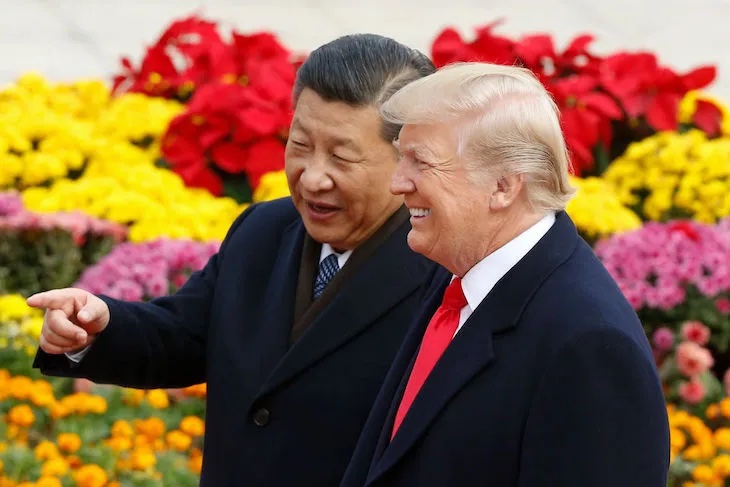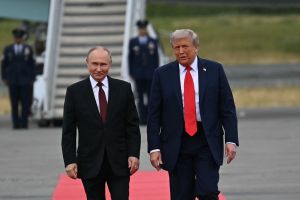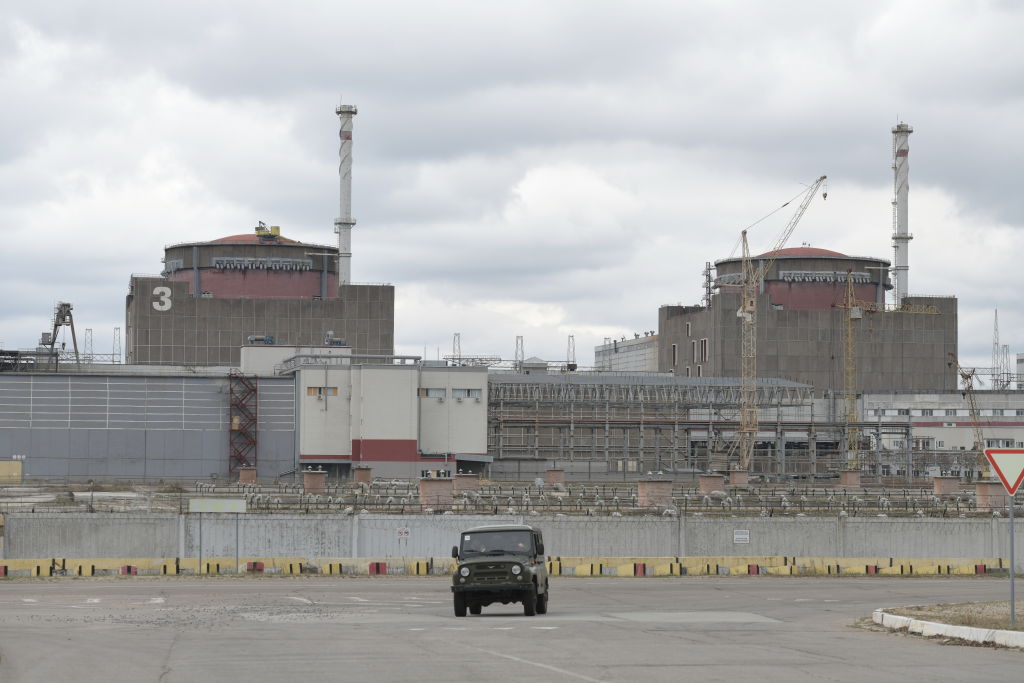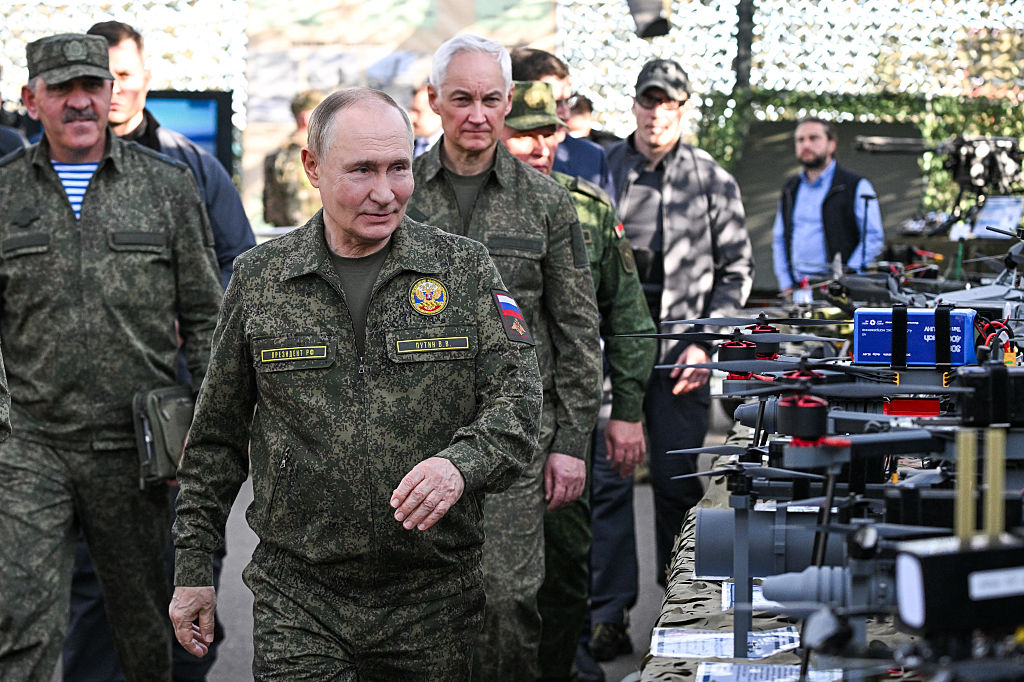When Donald Trump won his first ever election in 2016, the world woke up the next morning in a collective state of shock and disbelief. Washington’s allies in Europe were caught completely unprepared; all of a sudden, they had to contend with a leader who relished needling them for all kinds of sins, real and perceived. America’s allies like Japan and South Korea, whose defense policies depend almost entirely on a stable alliance with the United States, were now forced to deal with a man who threatened to use those alliances as leverage to extract greater defense spending in Tokyo and Seoul. Latin America didn’t know what to believe; frankly neither did many Americans.
Nobody is shocked this time around. Or at least they shouldn’t be. Unlike in 2016, when foreign governments failed to do their homework, US allies and partners spent the year before the presidential election trying to reconnect with Trump’s inner circle. Japan, South Korea, Germany and others all sent delegations, quietly, to Washington, DC, New York and Florida to hobnob with Trump and his closest advisors because they understood Trump 2.0 was a very realistic possibility. That possibility has become reality in what is arguably the most impressive political comeback in US political history.
It has only been a day or so since Trump was declared the winner, yet a lot of ink has already been spilled about what the returning president may do over his next four years. Israeli prime minister Benjamin Netanyahu’s government is cautiously optimistic that a second Trump administration will essentially provide Israel free rein to go after its enemies in Gaza and Lebanon. Ukraine is obviously terrified at what’s in store given Trump’s loud proclamations that the nearly three-year-long war is a waste of US taxpayer money (Ukrainian president Volodymyr Zelensky wrote a congratulatory tweet to Trump as soon as the race was called, hoping for good times ahead).
Much less attention, however, is devoted to what Trump’s foreign policy priorities should actually be during a second term. This, rather than what Trump could do, is the more important subject. The first 100 days will be a pivotal moment for Trump to make his mark and chip away at some of the big problems that impact international security and America’s own role in the world. His kitchen cabinet and incoming security team will be whispering in his ear about what to prioritize and what to discard, but if I were in the room with him, I’d focus on three major lines of effort.
First, Trump should deprioritize the Middle East in US grand strategy. There are approximately 43,000 US military personnel deployed in the region, an increase from the usual 30,000 courtesy of the October 7 Hamas attacks on Israel. Since then, the region has been a cauldron of violence and unpredictability. US policy has been — and remains — entirely contradictory and counterproductive, with US diplomats jetting to various regional capitals to work on ceasefire agreements in Gaza and Lebanon at the same time Washington continues to send offensive weapons systems to Israel. Netanyahu has happily taken the weapons but largely spurned the diplomatic efforts. Whenever rumors of a deal are close, the cautiously sunny optimism disappears shortly thereafter.
Trump won’t ban weapons sales to Israel, of course. And even if he did, such a move would cause a huge amount of consternation on Capitol Hill, which remains staunchly committed to defending Israel and aiding its war effort. Yet what he can do, and what would be far more popular, is bring US military forces back to their pre-October 7 level. He should also finally give the order to withdraw the roughly 2,500 US troops who remain stuck in Iraq and Syria carrying on with a counter-ISIS mission that local actors are capable of fulfilling themselves. The last thing Trump needs early in his presidency is to wake up one morning and find out that a drone launched from an Iranian-backed militia struck a small US base and killed three or four Americans.
Second, Trump must translate his campaign rhetoric about the war in Ukraine into concrete action. That means getting tough with Zelensky and Vladimir Putin alike. Trump should schedule a phone call with Putin relatively early (despite the shock and dismay the DC commentariat will feel with such a thing) and tell him in no uncertain terms that US-Russia relations are unlikely to get much better as long as the war continues. Putin won’t like this and may doubt Trump’s sincerity, but if Trump is serious about negotiating a peace settlement, he can’t afford to give away any leverage he currently possesses over Moscow. In turn, Trump needs to be just as honest and forthright with Zelensky, whose ultimate objective for the war — a full Russian withdrawal from all occupied Ukrainian territory — remains as naive as it is unachievable. The message: if you want the US to keep supporting you, Volodymyr, you can no longer ignore the realities on the ground, which are trending to Russia’s advantage.
Third, Trump should solidify communication with China. Despite the systemic rivalry between the two superpowers, the US-China relationship is the most important on the planet. The interdependence is such that a full breach would be too economically catastrophic to both sides. So-called de-risking will continue, particularly in industries deemed strategic, but an outright decoupling is out of the question. Nobody would win in such an arrangement. Just as important, Washington and Beijing have to find a way to institutionalize communication channels across the board, from the very top to the working levels. This will take a considerable amount of legwork on the part of both countries and might not even be possible; China, for example, has a habit of shutting down normal discussions to penalize the US for policies it disagrees with. But Trump, who got along with Chinese president Xi Jinping during his first term (until Covid-19 hit, that is) should at least make the effort. War, either by mishap, miscalculation or choice, is too unfathomable to even contemplate.
None of these recommendations will get Trump in the history books. But they will go a significant way towards clearing some of the mess he will find on his desk in the Oval Office.
This article was originally published on The Spectator’s UK website.


























Leave a Reply